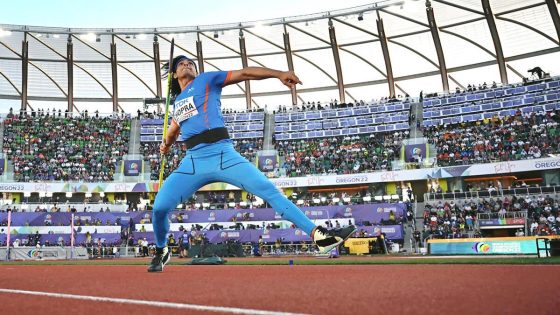SpaceX plans to launch 20 more of its Starlink satellites on Thursday night (July 11), including 13 with direct-to-cell capabilities.
A Falcon 9 rocket carrying the Starlink spacecraft is scheduled to lift off Thursday from California’s Vandenberg Space Force Base, during a four-hour window that opens at 10:39 p.m. EDT (7:39 p.m. local California time; 0239 GMT on July 12). That’s one day later than originally planned; SpaceX didn’t give a reason for the slip.
SpaceX will livestream the action via its X account; coverage will begin about 15 minutes before launch.
The Falcon 9’s first stage will return to Earth, if all goes according to plan; it will touch down about eight minutes after launch on the droneship Of Course I Still Love You, which will be stationed in the Pacific Ocean.
It will be the 19th launch and landing for this particular booster, according to a SpaceX mission description. The record for a Falcon 9 first stage is 22 flights, which SpaceX set late last month.
The Falcon 9’s upper stage will continue hauling the 20 satellites to low Earth orbit tonight, deploying them there about 59 minutes after liftoff.
RELATED STORIES:
— SpaceX launches next-gen US spy satellites and sticks the landing (video)
— 8 ways that SpaceX has transformed spaceflight
— Starlink satellite train: How to see and track it in the night sky
SpaceX has conducted 68 Falcon 9 launches already in 2024. Forty-eight of those missions have been devoted to building out the Starlink megaconstellation, which currently consists of more than 6,150 operational satellites.
More than 100 of those spacecraft have direct-to-cell capability, but that number will continue to rise for the foreseeable future, as will the overall Starlink tally.
Editor’s note: This story was updated at 4:30 p.m. ET on July 10 with the target launch date of July 11.
Source Agencies


